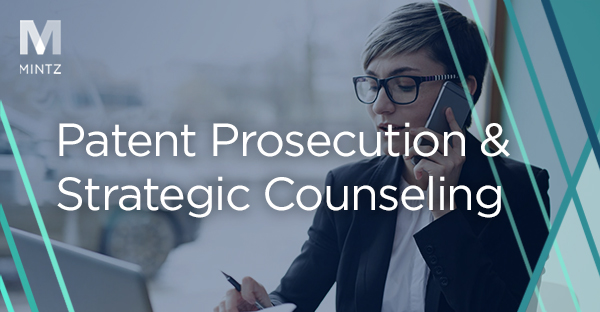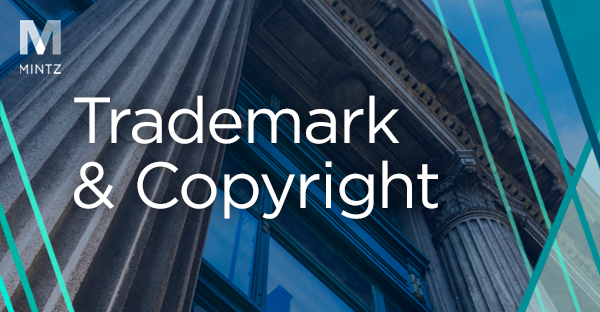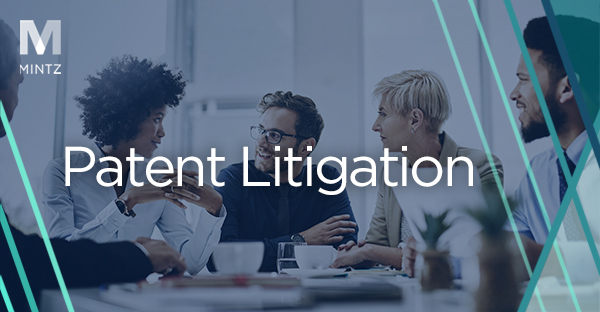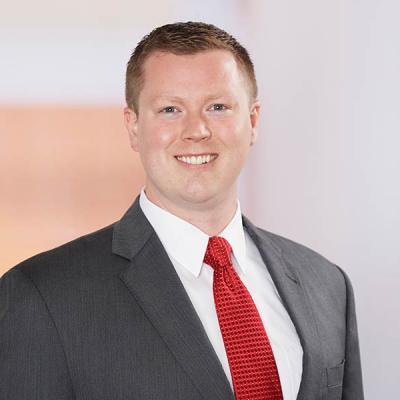
Alex assists life science and technology companies of all sizes with a wide variety of domestic and foreign intellectual property matters. Alex’s practice includes the preparation and prosecution of patent applications as well as strategic patent counseling in the form of invalidity and infringement analyses, product clearance studies, and due diligence investigations. He also has experience with trademark registration, post-grant proceedings, and patent litigation, including before the US International Trade Commission. Alex’s experience covers a wide range of technologies, including medical devices, secondary batteries, fuel cells, solar panels, consumer products, manufacturing equipment, software, and electronics.
Before joining Mintz, Alex was an associate in the Boston office of an international law firm. In that role, he handled patent and trademark prosecution, litigation, and patent office matters related to medical devices and complex technologies, including laser-driven light sources, wireless cameras, automated validation software, and machine vision systems.
Alex’s law school program included an IP concentration with a focus on patent law. While attending Suffolk University Law School’s evening program, he was a software quality engineer and documentation specialist with Fresenius Medical Care, where he worked on software development and FDA compliance and enforcement matters. While pursuing his MS in Mechanical Engineering, he researched electrochemical methods for environmentally-friendly metal production and developed expertise in secondary battery and fuel cell technologies in addition to materials science.
viewpoints
Best Practices for Clearances and Opinions
March 31, 2021 | Blog | By Lisa Adams, Alexander Roan
U.S. Supreme Court Adopts Rule Protecting a Trademark Licensee’s Ability to Use a Trademark after a Bankrupt Licensor’s Rejection of the License
July 8, 2019 | Blog | By Susan Neuberger Weller, Alexander Roan, Tim McKeon
Judge Applies WesternGeco Principles to Direct Infringement Under 35 U.S.C.§ 271(a)
November 30, 2018 | Blog | By Adam Samansky, Alexander Roan
WesternGeco v. ION Geophysical Corp. and Lost Profit Damages under § 271(f)
April 5, 2018 | Blog | By Adam Samansky, Alexander Roan
Patent Exhaustion Defense Unavailable to Reseller after Impression Products
February 22, 2018 | Blog | By Christina Sperry, Alexander Roan
Involvement
- Member, Boston Patent Law Association




